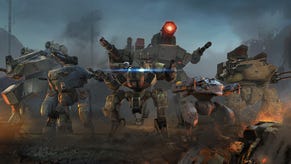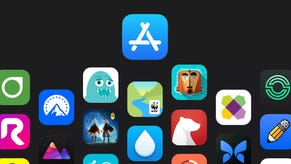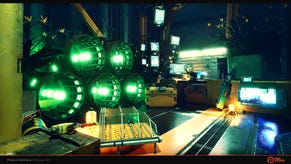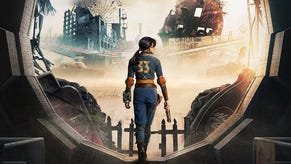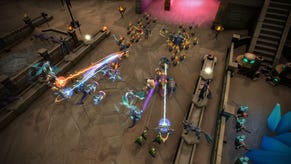Semi Secret: Commercial viability "changes the creative process"
Canabalt's Adam Atomic keen to resist "ugly" business models
It can be difficult to balance creativity and commercial viability, claims Semi Secret's Adam 'Atomic' Saltsman.
The Canabalt developer told GamesIndustry.biz that his studio tried to keep some distinction between personal and for-profit projects.
Speaking ahead of his appearance at GameCity this week, he said: "It's a thing that I'm conscious of and I try to approach personal projects, games I'm intensely passionate about, as being in a different bucket than the projects that we want to go forward with for the company.
"It doesn't mean that the games for the company aren't fun... but it definitely changes the creative process and the games we make. "
"I try, now that we've got a little bit of financial stability and freedom in our work schedule, to have a couple of fairly unstructured days a week where we make things to release for free or release for karma for the company.
"I have a very hard time designing things with commercial viability in mind from day zero," he revealed.
To this end, he remained somewhat resistant to the idea of using business models such as microtransactions in even Semi Secret's most commercial games.
There's something my artist friend says: there are no ugly colours, there are only ugly combinations. I think that's probably true of most weird, new financial models in any way.
"There's probably a game out there that makes a ton of sense for microtransactions, but it's a design that does it from the ground up. I don't think that design is 'buy the rocket launcher.' I think FarmVille is a particularly ugly collection of colours.
"There are people out there who totally want that - they want some crazy, unlockable thing. Which is totally legitimate - it just has to be deployed in a useful and interesting way. I don't have a ton of interest in solving that design problem."
Saltsman felt that, as long as even the most successful indie studios did not work primarily for the money, there was a minimal risk of losing their edge.
"The number one thing is never going 'Okay, I wanna get that extra 10 grand at the end of the project, so let's make sure that we cut out this stuff that we really love.' If you don't have to make that call, then in my book you're creatively independent."
For the full interview with Saltsman, in which he also discussed the iPad as a gaming platform, the US indie community and why a big publisher could never have made Minecraft, please click here.


